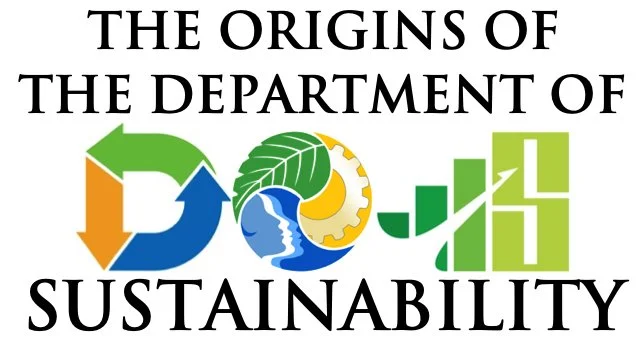This book is written to…
Explain why Rommell’s experience and personal story make him an authentic tribune to represent Californian leadership nationally.
Explains which political issues he prioritizes: rural economic development via climate change, race-gender income gaps, and urban food access justice.
How his legislative approach is an innovative data science enabled, market-based strategy to leveling the playing field within an industry.
Connect the dots between different facets of our economy, society, and legislative efforts related to agriculture.
Explain how his autistic strengths allow him to think differently about our state and national politics by rethinking how the stock market can be harnessed to accelerate a systemic change climate adaption strategy.
Argue that in order to reach across the aisle a more technologically savvy set of problem solvers are needed in public life.
Differentiate him from other candidates by presenting his platform as a truly different approach to politics.
is the story of how and why Rommell Montenegro came to determine the need to establish a new intergovernmental agency within the US to better regulate the sustainable development of the US economy, society, and improve legislative efforts through enhanced macro and micro economic and climate science measurement. Within the context of Rommell’s life, it introduces the how he came up with the idea while working on a starter home that forced him to give up his American Dream in the name of values he hardly could afford as an upstart feminist immigrant white collar professional. It begins by introducing the foundation of his values as a humble, hardworking, talented, and liberal intellectual who later on learns as an adult that his undiagnosed autism caused him to develop tinnitus. He abruptly leaves his job at CBS Interactive before the swaths that follow in the Great Resignation. He temporarily sets aside his arduous pursuit of professional success within the cloistered halls of corporate America’s market research departments. He focuses on restoring a house before planning a wedding and suffers a heartbreaking-divorce within months of his nuptials and this leaves him back at square one personally but with a new purpose professionally.
Once conceived, the call to answer the perennial problems facing the US’s democracy via a Department of Sustainability go beyond using only GDP as the only point of macro-economic measurement. At that point he believes he’s starting a social entrepreneurial venture but later realizes the idea is meant for the government’s role in shaping market dynamics. The thought exercise does not release an inquiring mind that has adroitly harnessed his autistic tendencies from a young age. He both benefits and suffers from his autism and a tinnitus condition that will forever change how he personally adapts to a noisy world. He originally studied sustainable development within his undergraduate degree at UC Berkeley and knew that a more legitimate version of ESG investing could imbue the triple bottom line principles he studied more than a decade ago. Before the divorce he uses his own 401K to dive into investing. He quickly learns how to navigate the stock market’s tendencies, and is rather successful because his skill set naturally leads him to practice what he later learns is event-based swing trading.
While still married and afterward he dutifully studies data science within four programs to conceive of an automated measurement approach that could define the inner workings of a DOS. Throughout his preparatory community college coursework his mind races with inquiry and then starts to get his financially footing automating a global research program at Verizon Media in Silicon Valley. COVID-19 forces him to return to his family in his Orange County hometown out a fear that it could take one of his elders as victim and since he’s uncertain how long it might last. While still unaware that he’s autistic enough to causally jump into the rigor of second semester calculus, unfortunately the intellectual onslaught from the noise of his surroundings forces him to drop the course. Data science had been the skill he long sought to develop as a survey researcher since it began changing the profession and industry he loved, corporate market research. UC Berkeley admits him into a new engineering program focused on international economic development. Professional reinvention and an intellectual breakthrough results in that Master’s program before he turns to his new calling, running for office as California’s next US Senator. The book introduces his platform to establish DOS as a means to make our agricultural and food system more sustainable.

